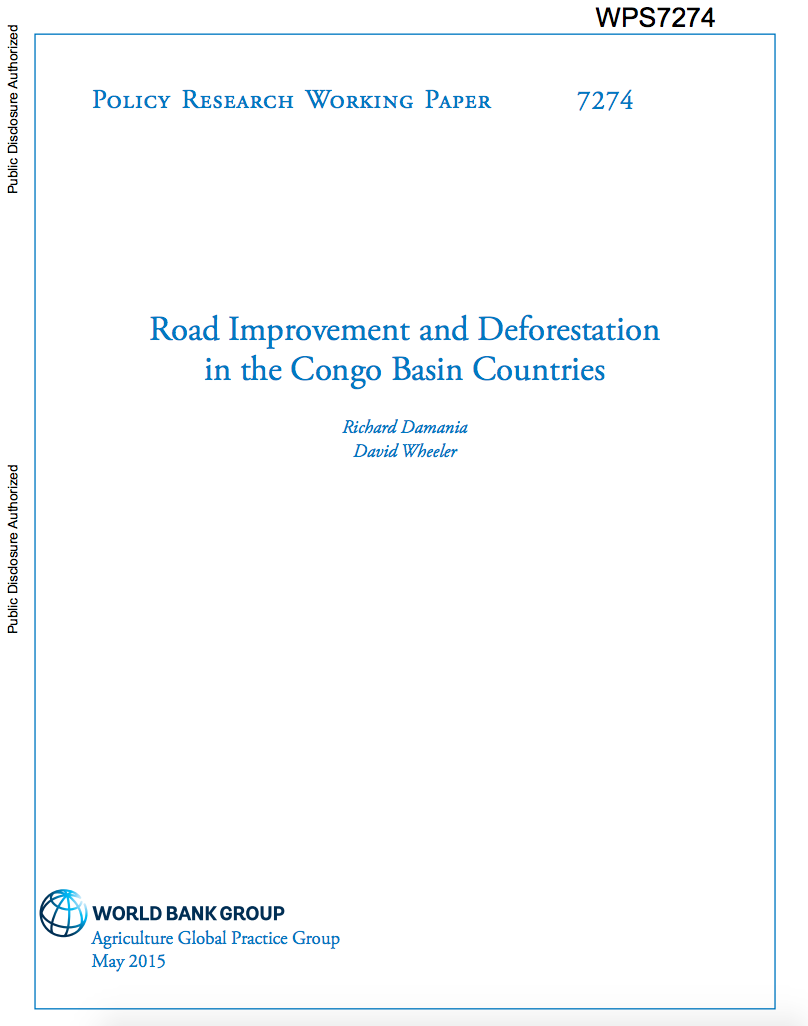Highlights of 15 Years of Nile Cooperation
In 1999, nine Nile basin countries came
together in a remarkable partnership. They formed the Nile
basin initiative as a platform for joint working to better
understand and utilize the common Nile resource, to harness
the benefits for equitable and sustainable regional economic
development. This note highlights the key achievements of
this historic endeavor.


